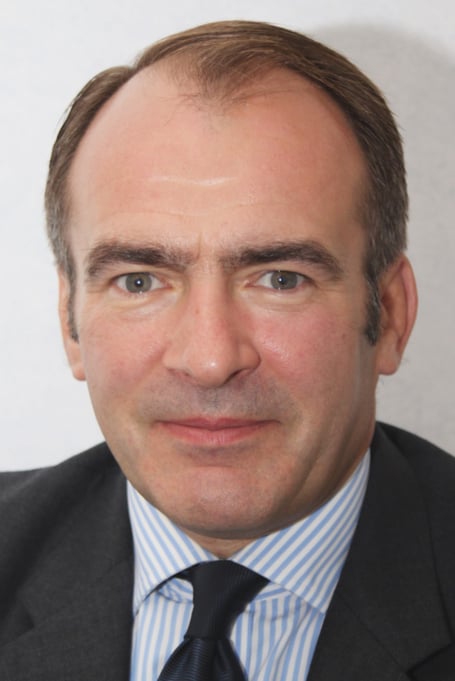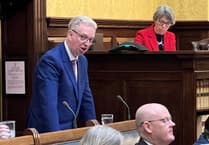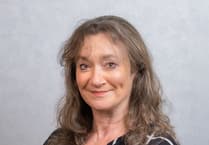The Island Plan, a 38-page document which sets out the ‘overall ambition and vision’ of Chief Minister Alfred Cannan’s new government, has been approved by Tynwald.
It comes after the setback he suffered two weeks ago, when Tynwald refused to allow debate on the plan.
Backbenchers had argued that they had not been given enough time to go over the 68-page document. It has since been condensed.
Now, the Island Plan has passed with a unanimous vote in the nine-person Legislative Council, and 21-3 in the House of Keys.
Those that voted against were house Speaker Juan Watterson (Rushen), Claire Christian (Douglas South), and Chris Thomas (Douglas Central).
Mr Watterson said that more legislative drafters are needed if the legislative programme outlined in the plan is to be implemented.
This week however, MHKs seemed more receptive to Mr Cannan’s enthusiastic 20-minute speech praising its benefits.
Mr Cannan said it was ‘the first time that I am aware, certainly in modern times, that a plan like this has been consulted upon and public feedback received in this manner.’
He said like other similar plans presented by past governments, ‘more weight’ had been added to delivery dates and outcomes, and changes to accountability.
Mr Cannan summarised: ‘We must tackle the perceived housing crisis by ensuring that everyone has a suitable and affordable place to call home, and that our housing stock meets the needs of our population now and into the future.
‘We must address the critical issues in health and social care, and deliver greater access to a comprehensive, high quality and fully integrated health and social care system.’
MHK after MHK then gave their own speeches discussing the plan in detail over a five hour Tynwald sitting, pointing out what they were pleased to see included, or what was omitted.
Many criticised the plan for its lack of detail and targets in certain areas, while others defended that the point of a strategic plan was to provide a general, overall direction, and not to provide minute specifics.
Among these was Minister for the Cabinet Office Kate Lord-Brennan, who said that ‘this plan is the start of what will need to be an ongoing political engagement process’, with more time being needed to develop the details of specific departmental plans.
The plan passed with two amendments, the first of which was from Douglas East’s Joney Faragher – who wants the Council of Ministers to update it with input from all Tynwald members over the course of the administration, and to publish by the end of the month the ‘full terms of reference and membership of the Island Plan Delivery Board (which is responsible for implementing it).
Ms Faragher was one of the members who argued that not enough time had been given to scrutinise the plan, asking: ‘Why the rush?’.
However, she described Mr Cannan’s introductory speech as ‘very encouraging’.
Among the things she highlighted as lacking were ‘a lack of commitment to tackling inequalities’, saying it would ‘deepen’ inequalities in education.
There was also ‘no mention of tackling offshore speculation in our property market or removing the incentives to own multiple properties’, she said.
The second amendment was from Douglas South’s Sarah Maltby, who stipulated that the Council of Ministers should arrange conferences in September 2022, 23, 24 and 25 ‘to allow for public interaction and debate on key issues’.
One of the first MHKs to criticise the plan was Arbory, Castletown and Malew’s Tim Glover, who said that he ‘did not recognise’ the plan that had been released in January compared to the earlier forms of the plan as it was being developed.
Mr Glover said that the ‘messaging had gone astray’ and the plan should have been tied in with the new budget, which is due later this month.
He was also one of several to point out that there were no costs specified in the document, asking: ‘How are we going to pay for what is stated under the headings?’.
His fellow constituency MHK Jason Moorhouse also raised concerns about the wording, likening it to a homework assignment he had marked where a student had made overuse of a thesaurus.
And Rushen’s Michelle Haywood described it as being like ‘a bit like all our manifestos were put together in a blender’, and asked: ‘How will it be updated, and who proposes the updates?’


-(1).jpeg?width=209&height=140&crop=209:145,smart&quality=75)

